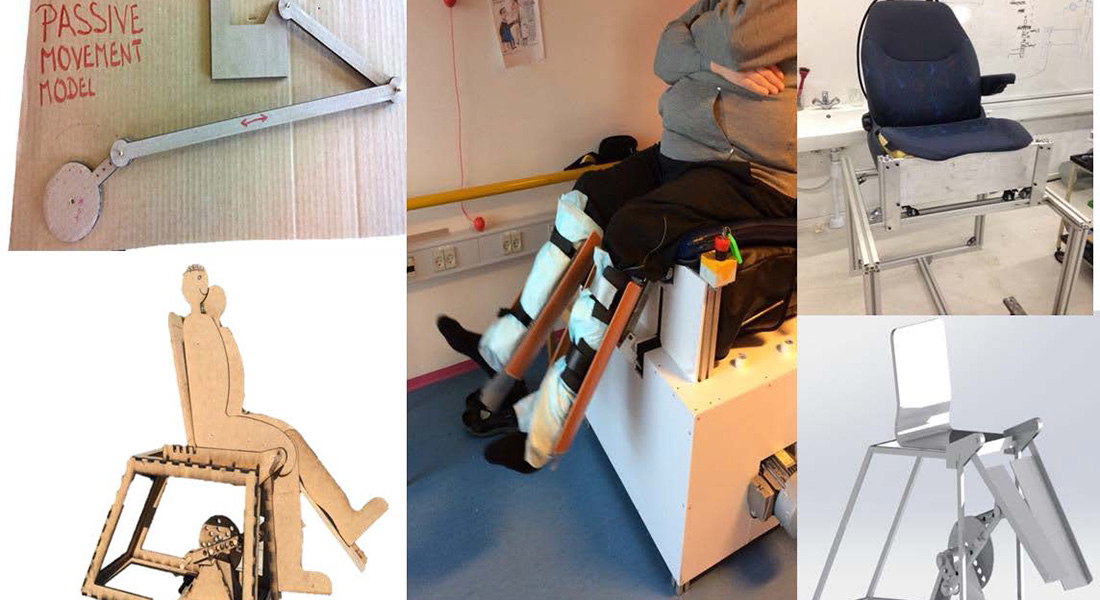PhD defence: Improvements in vascular function and angiogenesis to ameliorate blood supply and healing in non-healing diabetic foot ulcers

Tue Smith Jørgensen
PhD thesis
A non-healing diabetic foot ulcer is a serious complication in diabetes, and several factors are believed to influence the development of foot ulcers.
Two important factors to be mentioned are poor perfusion and a reduction in the microvascular network. Previous studies have shown that passive movement training can increase leg blood flow and promote angiogenesis in healthy individuals, but the effect of this intervention on healing of diabetic foot ulcers has not been examined.
The overall aim of this thesis was to investigate the effect of passive leg movement on wound healing, leg blood flow and proteins in muscle of importance for angiogenesis and vascular function in patients with non-healing diabetic foot ulcers.
Furthermore, to obtain an insight into skeletal muscle proteins related to vascular function and angiogenesis in critical limb ischemia.
Finally, a study was conducted to investigate the interobserver agreement of Meggitt-Wagner wound classification and treatment recommendations, given by clinicians and nurses.
2019, 125 pages.
Time
28 February 2019, 13:00
Place
HCØ, AUD 5, Universitetsparken 5, 2100 Copenhagen.
Opponents
Professor Christian Mølgaard (chair), Department of Nutrition, Exercise and Sports, University of Copenhagen, Denmark.
Professor Maria Hopman, Radboud University, the Netherlands.
MD and consultant specialist Johnny Frøkjær, Odense University Hospital, Denmark.
Supervisor
Professor Ylva Hellsten Department of Nutrition, Exercise and Sports, University of Copenhagen, Denmark.
